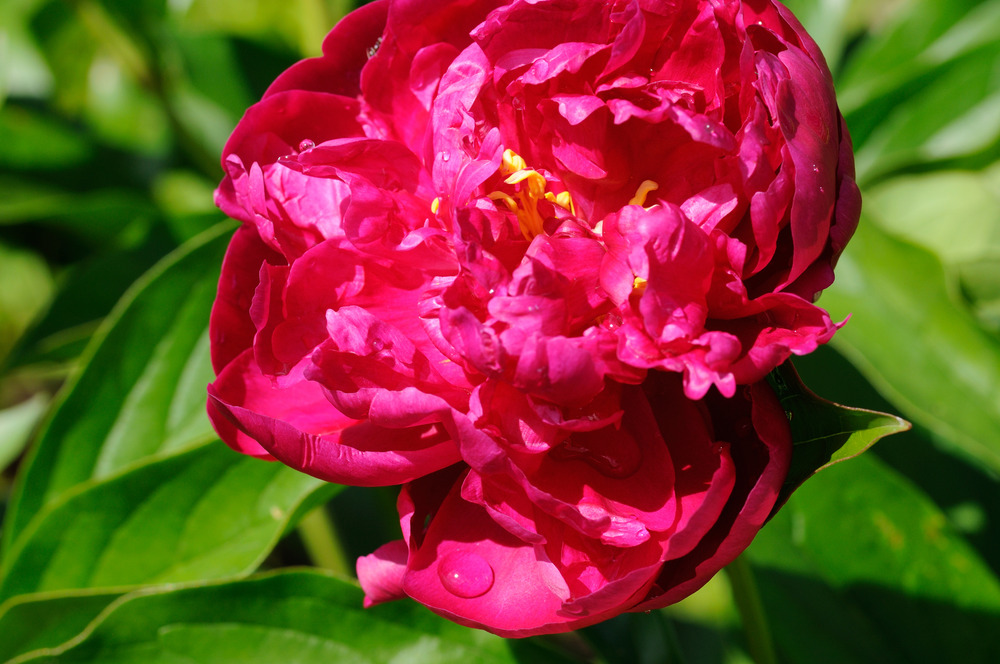Berberine, a bioactive compound found in several plants, has a rich history of use in traditional Chinese medicine. For over 3,000 years, practitioners of Chinese medicine have relied on herbs containing berberine, which are yellowish in color. The color is why these herbs are nicknamed the yellows.
Traditionally, berberine containing herbs are considered cold and bitter and are used for diseases caused by damp heat. These herbs are an amazing component for the treatment of many many conditions such as digestive issues, skin diseases, or and other inflammatory conditions. But as a bitter and cold substance one has to use it correctly or it can be harmful for your digestion. Now that it has gained popularity I see many people taking berberine for very long periods of time risking damaging the digestion and the Spleen Qi.
In this blog post, we will delve into the background of berberine, exploring its benefits, side effects, and the traditional recommendations for its use.
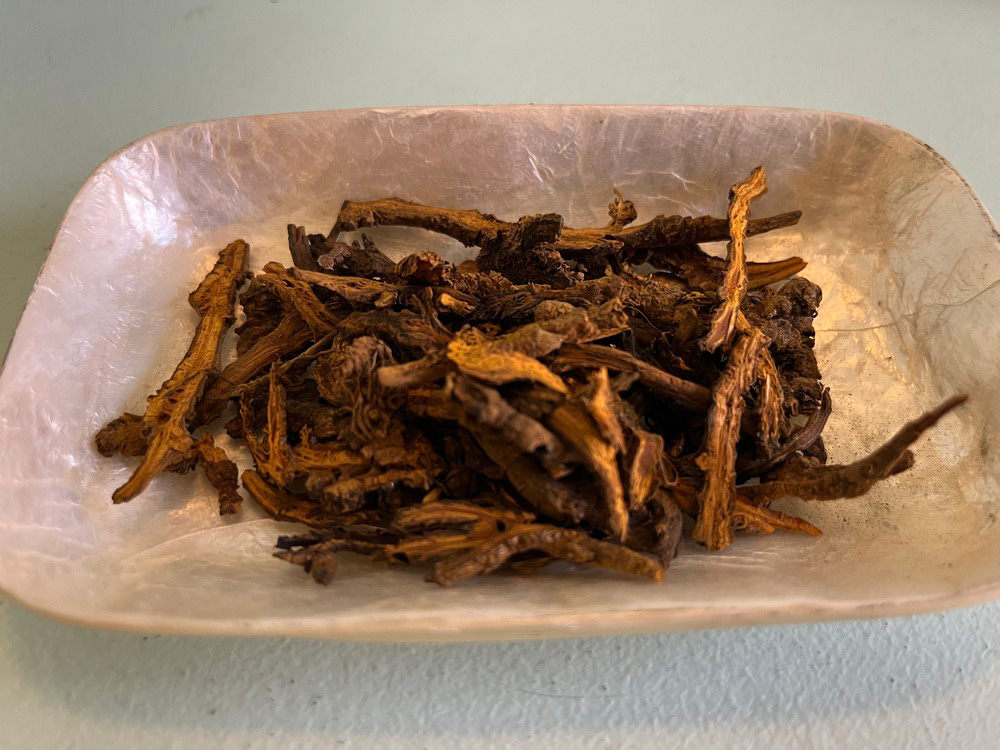
What is Berberine?
Berberine is a naturally occurring bioactive compound belonging to the alkaloid family, which can be found in the roots, bark, and stems of several medicinal plants. In traditional Chinese medicine, berberine-containing herbs have been used for thousands of years thanks to their potent therapeutic properties. Some of the most prominent Chinese medicine herbs that contain berberine include:
- Coptis chinensis (Huang Lian or Chinese goldthread): This herb has been traditionally used to clear heat, dispel dampness, and relieve toxicity. It is commonly used for gastrointestinal issues, bacterial infections, and inflammation. This is a very cold and bitter herb which is quite strong.
- Phellodendron amurense (Huang Bai or Amur cork tree): Huang Bai has been used in traditional Chinese medicine to eliminate dampness, reduce heat, and alleviate pain. It is often employed to treat conditions such as urinary tract infections, skin disorders, and rheumatoid arthritis.
- Scutellaria baicalensis (Huang Qin or Baikal skullcap): Huang Qin is a popular herb in Chinese medicine for its ability to clear heat, dry dampness, and detoxify. It is often used to address respiratory and gastrointestinal issues, as well as reduce inflammation and treat bacterial infections. It also has many antiallergic properties.
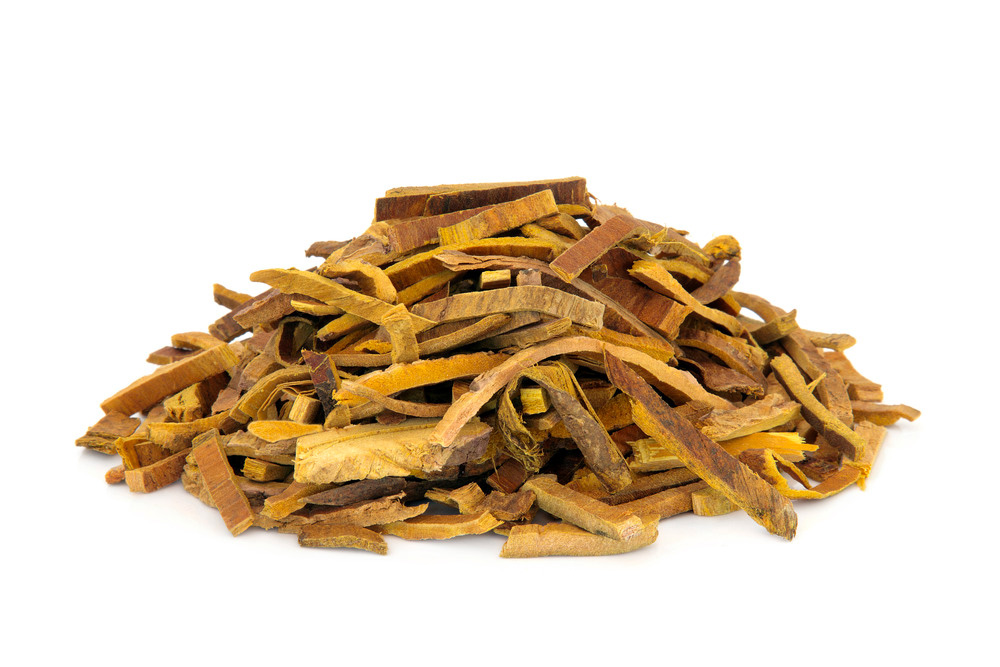
All of these herbs have the word huang which means Yellow, collectively the herbs are knowns as the 3 yellows. In my practice I use the whole herbs in an herbal formulas specifically designed for each patient. The precise combination of herbs are able to balance the cold and bitter nature of the Yellows. The pure extract of berberine is called Huang Lian Su which is used mostly for food poisioning.
Berberine is also found in other plants used in different traditional medicine systems, such as goldenseal (Hydrastis canadensis) and Oregon grape (Mahonia aquifolium) in North American herbal medicine.

Health Benefits of Berberine
Berberine has been extensively researched for it’s health benefits. We can use these herbs in formula focused on many health concerns such as digestive issues, skin diseases, as well as inflammatory conditions.
Some of the benefits of berberine include:
- Blood sugar regulation: Berberine has been shown to improve insulin sensitivity and reduce blood sugar levels in people with type 2 diabetes. It appears to work by activating an enzyme called AMP-activated protein kinase (AMPK), which helps regulate glucose metabolism. Some studies have even found berberine to be as effective as conventional oral diabetes medications.
- Heart health: Berberine may contribute to better cardiovascular health by lowering cholesterol levels, specifically reducing low-density lipoprotein (LDL) or “bad” cholesterol, and increasing high-density lipoprotein (HDL) or “good” cholesterol. It has also been shown to reduce blood pressure, potentially decreasing the risk of heart disease.
- Antioxidant and anti-inflammatory properties: Berberine exhibits antioxidant properties, helping to protect cells from damage caused by free radicals. It also possesses anti-inflammatory effects, which may be beneficial in preventing or reducing the symptoms of various inflammatory conditions. This may be one of the reasons it is useful for treating inflammation in eczema.
- Cognitive function improvement: Some research suggests that berberine may help improve cognitive function and protect against neurodegenerative diseases, such as Alzheimer’s and Parkinson’s. It is thought to do this by reducing inflammation and oxidative stress in the brain.
- Cancer prevention: Preliminary studies indicate that berberine may have anticancer properties by inhibiting the growth of cancer cells and promoting apoptosis, or programmed cell death. However, more research is needed to confirm these findings and understand the underlying mechanisms.
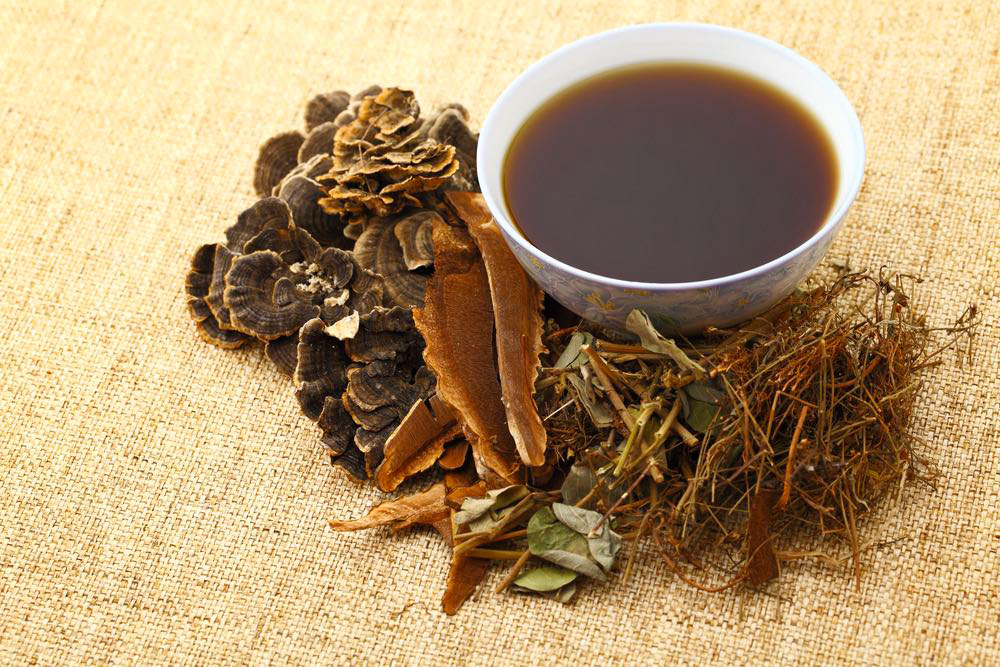
Effects of Berberine on the Microbiome
The gut microbiome, which consists of trillions of bacteria, viruses, and fungi residing in the human gastrointestinal tract, plays a crucial role in overall health. Berberine has been found to have notable effects on the gut microbiome, contributing to improved gut health and balance.
Some of the primary effects of berberine on the microbiome include:
- Modulation of gut bacteria: Berberine has been shown to influence the composition and diversity of the gut microbiome. Studies have demonstrated that berberine can promote the growth of beneficial bacteria, such as Bifidobacteria and Lactobacilli, while inhibiting the growth of potentially harmful bacteria, such as Escherichia coli and Clostridium perfringens. This modulation of gut bacteria can contribute to a healthier, more balanced microbiome.
- Anti-inflammatory properties: Berberine’s anti-inflammatory effects may help reduce inflammation in the gut, which can be beneficial for individuals with inflammatory bowel diseases (IBD) such as Crohn’s disease and ulcerative colitis. By reducing inflammation, berberine can help alleviate symptoms and promote gut healing in those with IBD.
- Enhanced intestinal barrier function: Berberine has been found to improve intestinal barrier function, which refers to the selective permeability of the gut lining. A healthy intestinal barrier allows essential nutrients to pass through while preventing the passage of harmful substances, such as pathogens and toxins. Berberine has been shown to increase the expression of tight junction proteins, which help maintain the integrity of the gut lining and prevent “leaky gut” syndrome.
- Alleviation of gastrointestinal symptoms: Berberine has been used traditionally to treat various gastrointestinal issues, such as diarrhea, dysentery, and irritable bowel syndrome (IBS). Its antimicrobial and anti-inflammatory properties may help alleviate these symptoms by targeting harmful bacteria and reducing inflammation in the gut.
In order to gain these benefits and not have side effects it is important to use it correctly.
While berberine has demonstrated positive effects on the gut microbiome, using it for an extended period may potentially lead to problems. In fact, studies have shown that long term and over use of berberine is harmful to the microbiome and can lead to dysbiosis.
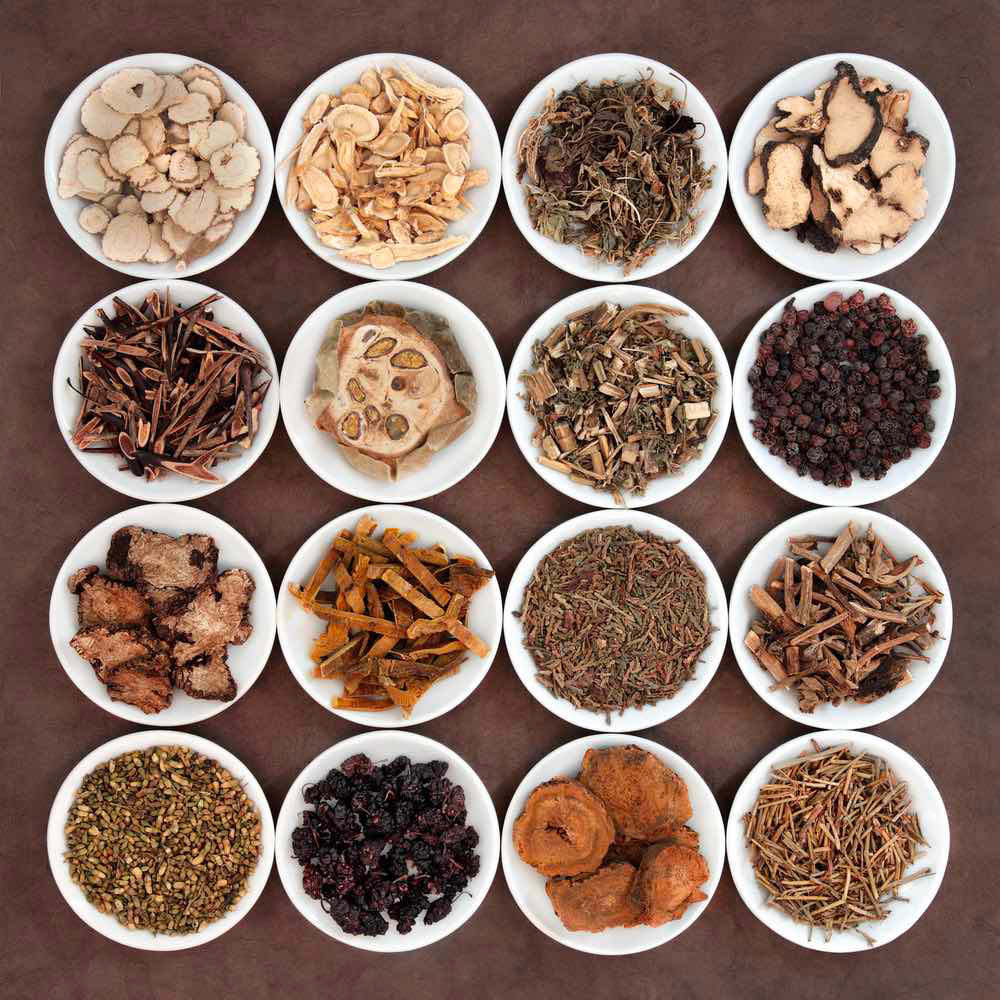
Chinese medicine Usage of Berberine Containing Herbs
Chinese medicine views berberine containing herbs as very cold and bitter. These herbs are used to clear heat, dispel dampness, and detoxify the body. However, due to their cold and bitter properties, they may have an impact on the digestive system, potentially leading to digestive issues if used for an extended period or in high doses.
TCM practitioners typically recommend using berberine-containing herbs with caution and under the guidance of a qualified professional. Some of the traditional recommendations include:
- Short-term use: As berberine-containing herbs are considered cold and bitter, they are generally prescribed for short-term use to avoid potential damage to the digestive system. The duration of use will vary depending on needs of the condition being treated and the individual’s constitution.
- Combining with other herbs: To mitigate the potential negative effects on digestion, I will combine berberine-containing herbs with other herbs that can support or protect the digestive system. Generally these may be warm and aromatic herbs or herbs that move the qi.
- Tailored treatment: In Chinese medicine, treatment plans are highly individualized, taking into account the your constitution, symptoms, and underlying imbalances. I will adjust the dosage, duration, and combination of berberine-containing herbs based on theyour specific needs to ensure the most effective and safe treatment.
In conclusion, berberine is a bioactive compound with a long history of use in traditional Chinese medicine, offering numerous potential health benefits, including blood sugar regulation, heart health, weight management, and gut microbiome balance. However, it is essential to be aware of the potential side effects and risks associated with its use, particularly when used for extended periods which can actually damage your microbiome.
This blog post is for educational purposes only. It does not represent medical advice. For help in taking herbal medicine please consult and qualified practitioner.


